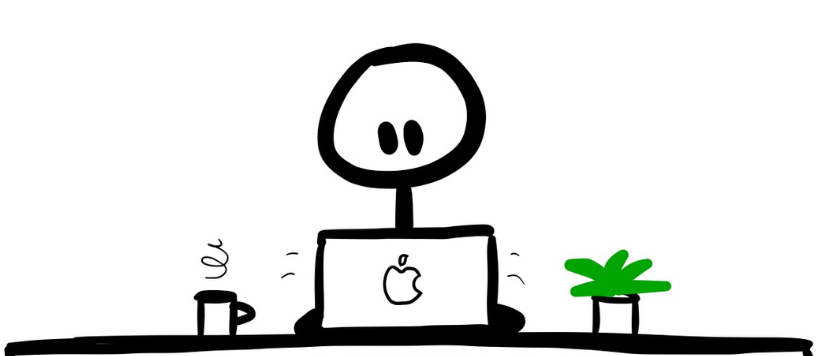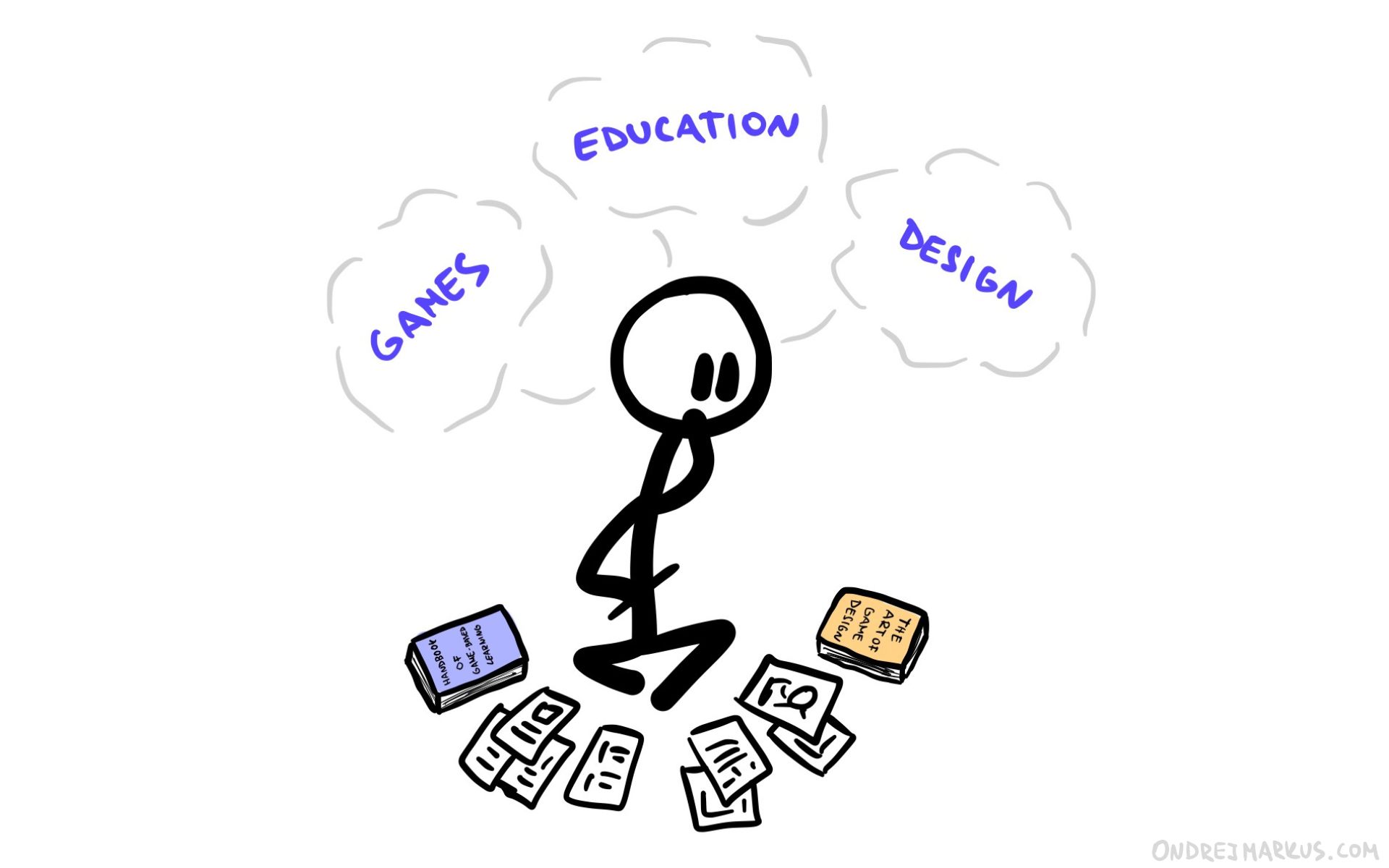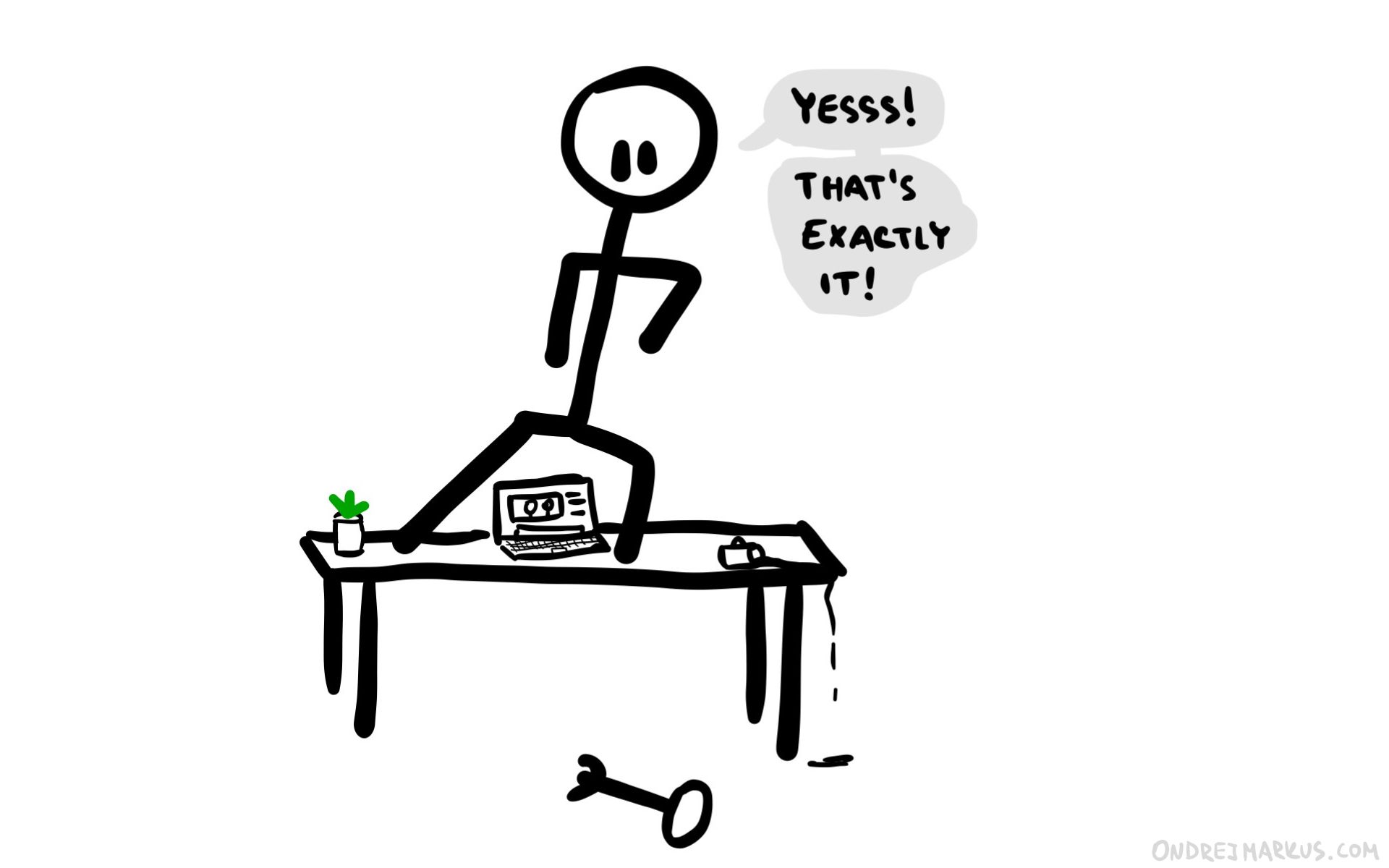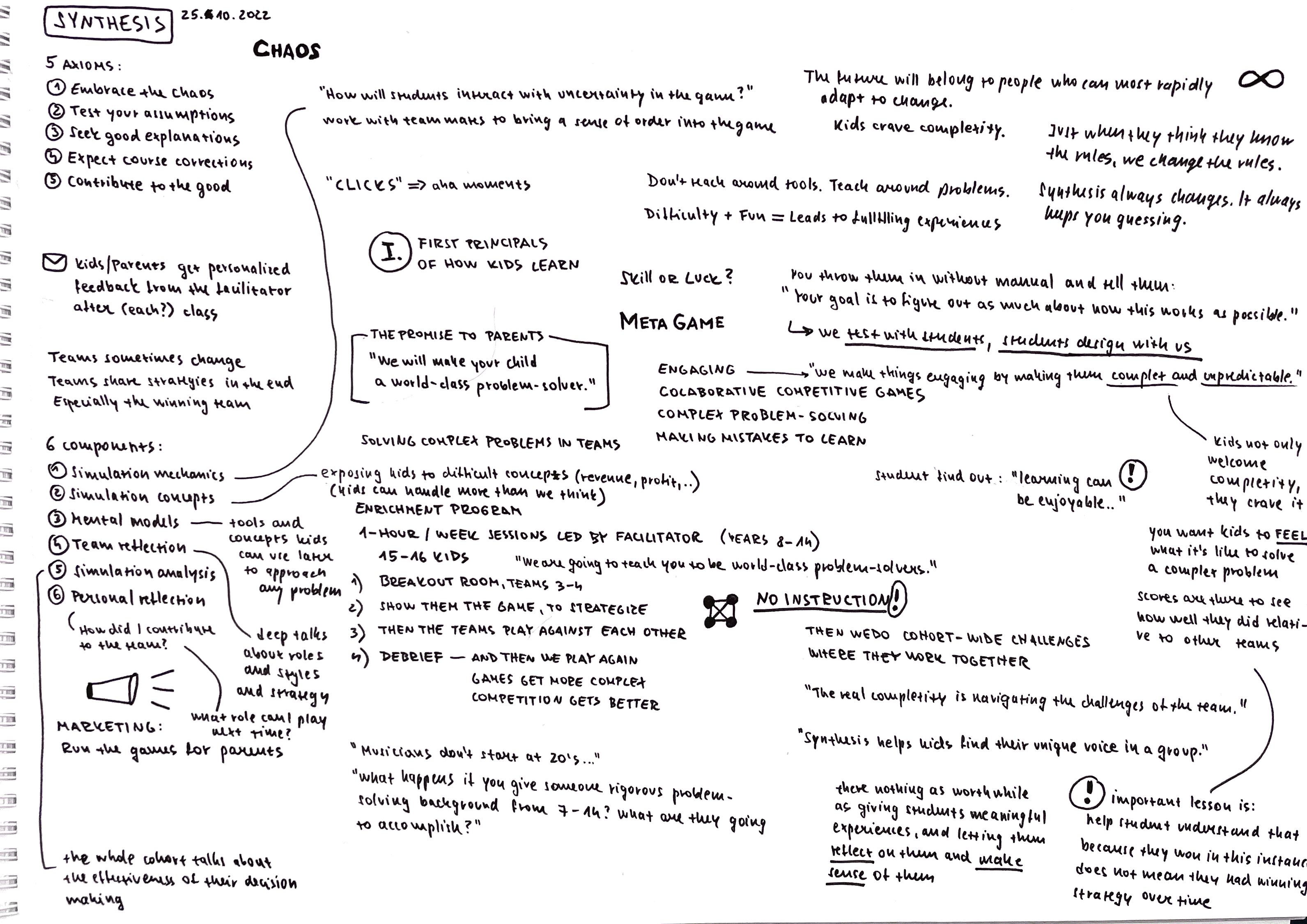Ondrej Markus
Entrepreneur in ed-tech, building the future of education as a founder and CEO at Playful.
I write about the future of education, designing learning games, and running a startup.
I'm a generalist, introvert, gamer, and optimizing to be useful.

Building games to train problem-solvers

I recently discovered Synthesis and how they use games to teach kids complex problem-solving, decision making, and communication in teams.
I’m blown away. Inspired.
You know the feeling when you’ve been looking for a project to do for some time, and then you find something and you feel like: “YES! That’s exactly it.”

When everything clicks together.
You knew the ingredients of what you wanted to do, but you didn’t know how to mix them together. Then you find something that puts it together for you.
That’s what seeing Synthesis did for me. I knew I wanted to use games for education. I just didn’t know how exactly.
So how do they do it?
Synthesis is an enrichment program for kids 8-14 co-founded by Joshua Dahn who created the AdAstra school for Elon Musk in SpaceX.
In the program, students meet online once a week for one hour as a cohort of 15-16 kids and one or two adult facilitators. The kids are split into teams of 3-4 in their own breakout room on Zoom. Everyone gets access to the game and teams have a few minutes to strategize.
Then the game begins but nobody gets any instructions on how to play the game. It’s their job to figure out how the game works and how to win. They cooperate as a team but compete against the other teams that are in the same game with them. It’s a mix of cooperation and competition.
Kids start the game confused and have to try different things to understand the rules. They can observe what the other teams are doing in the game, copy them or develop their own strategies, while communicating in real time with their teammates.
A gameplay video from Synthesis will probably do a better job showing how it looks like:
What I love about this game-based approach is the intensity and intentionality of the experience. The games are fun on their own but enhanced by design that forces the players to engage with dilemmas coming from game theory, resource scarcity, risk management, etc. which helps them gain hands-on experience as superb problem-solvers and collaborators.
However, it’s not just about playing the games. Once they finish the game, the job of the facilitator is to help the kids reflect on the experience. They share their hypotheses about how the game works, best strategies they’ve found, and discuss why their strategy won or not.
This gives them space to reflect on their communication as a team, and make sense of what just happened in the game with the other 15 players who shared the experience with them.
The facilitator will also explain mental models which they could use to solve a particular challenge of the game they’ve just played. Of course, those mental models are applicable in the real life too. That’s the point.
I think this use of games is brilliant.
That’s why I want to use my love of games, design skills, and my itch to help the world learn better to do this: Make games to help people learn the skills that are often missing in the classroom-style of education:
- How to solve complex problems without anyone telling you what to do?
- How to make better decisions when facing risk and uncertainty?
- How to thrive in a team of different personalities?
And much more.
First, I tried getting hired by Synthesis, but I’m in Europe and they hire only in the US timezones. So that didn’t work out.
I’ve looked for similar projects elsewhere but didn’t find any. (Let me know if you do know some.)
The only other option now is to build my own version of this. So I’m working on my first game prototype using JavaScript which I suck at.
I have a lot to learn to make this real. Let’s get to work.

My Synthesis notes